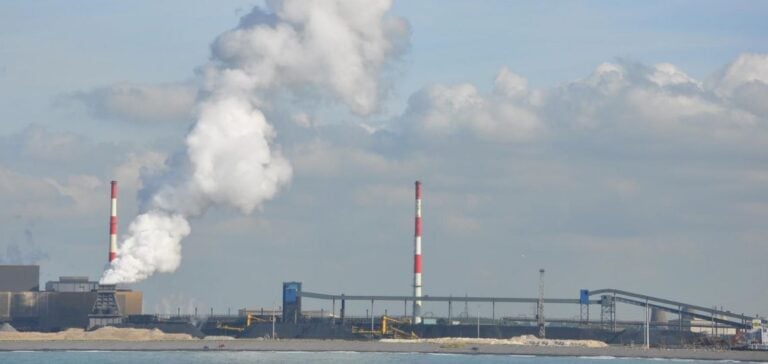On Monday in Dunkirk, the French Minister for Industry and Energy, Roland Lescure, signed the first ZIBaC (low-carbon industrial zones) agreement, marking the start of a series of studies financed by Ademe, the French agency for ecological transition. This initiative is designed to explore the decarbonization of the region,” said the Minister.
Details of studies financed
The studies, due to be completed by the summer, will focus on various technological solutions for reducing emissions, including the production of decarbonized electricity from wind turbines and nuclear reactors planned EPR2the operation of industrial heat recovery networks such as ArcelorMittal and Aluminium Dunkerque, and carbon capture. “These studies will be followed by a second, more operational phase involving the financing of the necessary investments,” added Roland Lescure.
Expected impact and Ademe statement
Baptiste Perrissin-Fabert, Deputy Director General of Ademe, emphasized the importance of this initiative: “We have never supported a project on such a scale. With 16 million tonnes of CO2 emitted per year, Dunkirk represents 5% of France’s emissions, so it’s a question of concentrating resources to have maximum impact.”
ZIBaC expansion
After Dunkirk, other ZIBaCs are planned in France, including Le Havre, Saint-Nazaire and Fos-sur-Mer, revealed Roland Lescure. He also mentioned decarbonation contracts signed with the 50 highest-emitting sites, which account for 60% of France’s industrial emissions: “You have seven of them here in Dunkirk,” he noted, pointing out that these contracts target emissions reductions of between 45% and 50% by 2030.
The French government’s financial commitment to the decarbonization of Dunkirk represents a significant effort to meet climate challenges and promote a sustainable future for the region and beyond. The government and Ademe hope to see tangible results and a significant reduction in CO2 emissions in the coming years.






















